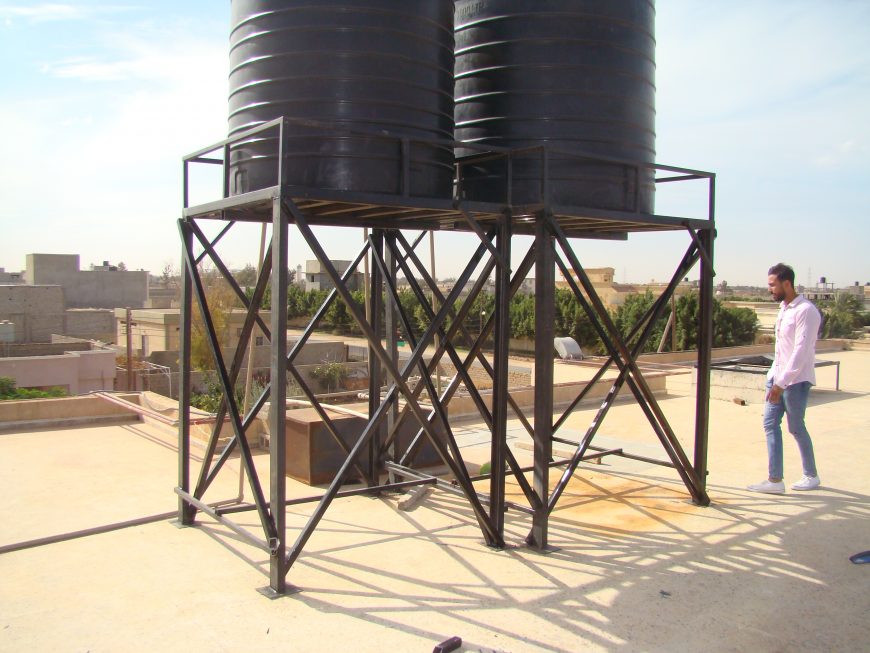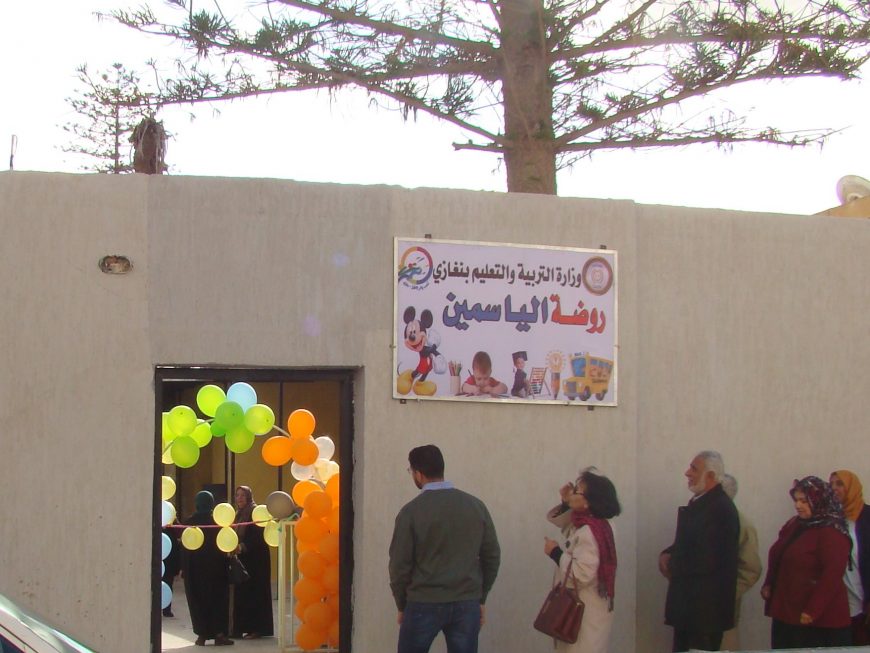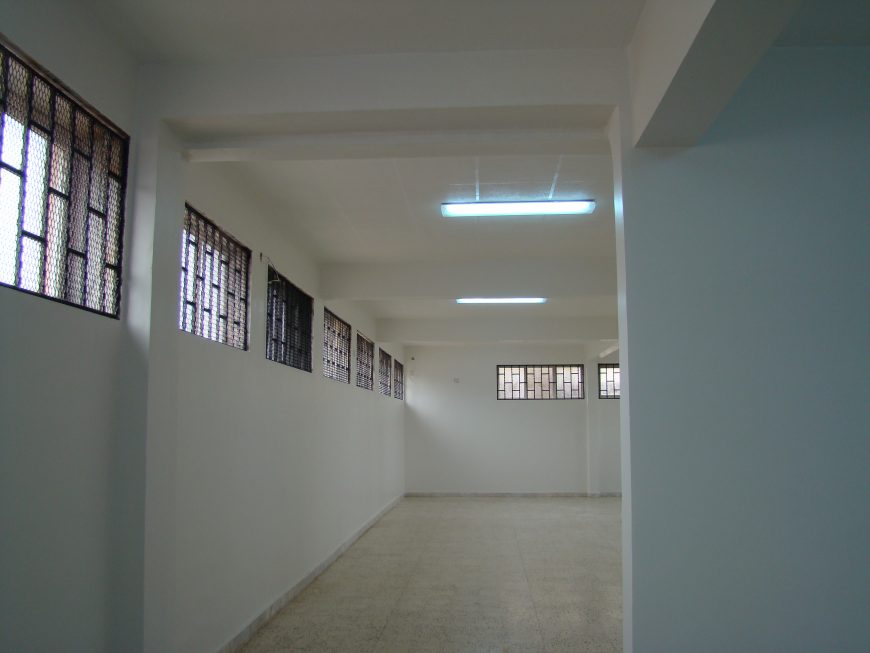Since the beginning of the conflict which ousted the government in 2011, residents of Benghazi have faced worsening conditions due to fighting between the various factions vying for control over the country’s future.
Beyond the widespread displacement of civilians seeking refuge in safer areas, the hostilities have gutted essential infrastructure such as water facilities, hospitals and schools. ACTED has been working with the Municipality of Benghazi since 2011 to support the Libyan authorities and local actors to improve the delivery of services and to better manage the reconstruction efforts. The organization chose four crucial infrastructures for rehabilitation, selected on the basis that these would have the highest impact on encouraging the return of displaced families.
Reopening hospitals and schools
In the ten neighbourhoods of Benghazi worst affected by the conflict, the limited number of schools and hospitals which remain functional are often severely damaged and pose numerous and complex risks to both staff and the public. With the support of the European Union, in 2018 ACTED began working with Libyan construction companies to rehabilitate four damaged facilities.
Given the serious public health risks associated which come from the disruption of water quality monitoring, ACTED’s first rehabilitation was the main building of the General Water Authority (GWA), Eastern branch.

Many of Benghazi’s educational facilities (such as kindergardens) suffered indirectly from the impacts of the conflict, as countless families took shelter in these public buildings once their own shelters were compromised. To ensure returning families would feel safe returning their children to kindergarden, ACTED chose Al Yasameen Kindergarden in the Sidi Hussein neighbourhood as the second rehabilitation project. The organization also targeted Shohada Al Hawari School in Al Hawari neighbourhood for rehabilitation due to damages caused directly by conflict.

Proximity to conflict places great emotional and psychological stress upon those who witness it, the consequences of which reside long after peace is returned. The Psychiatric Hospital in the Al Hawari neighbourhood provided psychosocial support for female patients from Benghazi and its outlying areas until the neighbourhood fell victim to heavy clashes between warring groups in 2014. With an ever growing need for post trauma care, ACTED made the rehabilitation of this facility a key aim of the project.

The results
As a direct result of ACTED’s collaboration with Libyan construction companies, in eastern Benghazi, the General Water Authority is now operational, working at full capacity with 50 employees carrying out crucial assessment and monitoring of the city’s water resources. ACTED’s other infrastructure rehabilitations have allowed over 800 children to return to their full-time education and restored the provision of psychosocial support for populations affected by war. The organization is also working to encourage other local NGOs to implement healthcare initiatives in the reopened Section C of the Psychiatric Hospital in the Al Hawari neighbourhood.
Through interventions like this ACTED is helping to foster stability and social cohesion in post-conflict locations across Libya, benefitting those who remained through the fighting as well as enabling displaced families to return to the areas formerly worst affected by the fighting.
